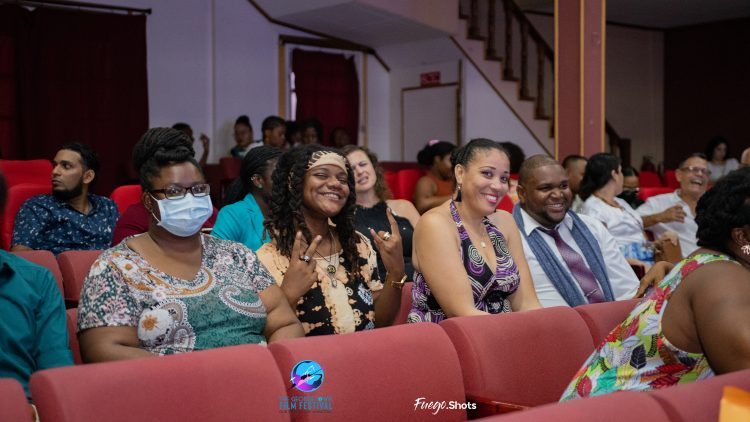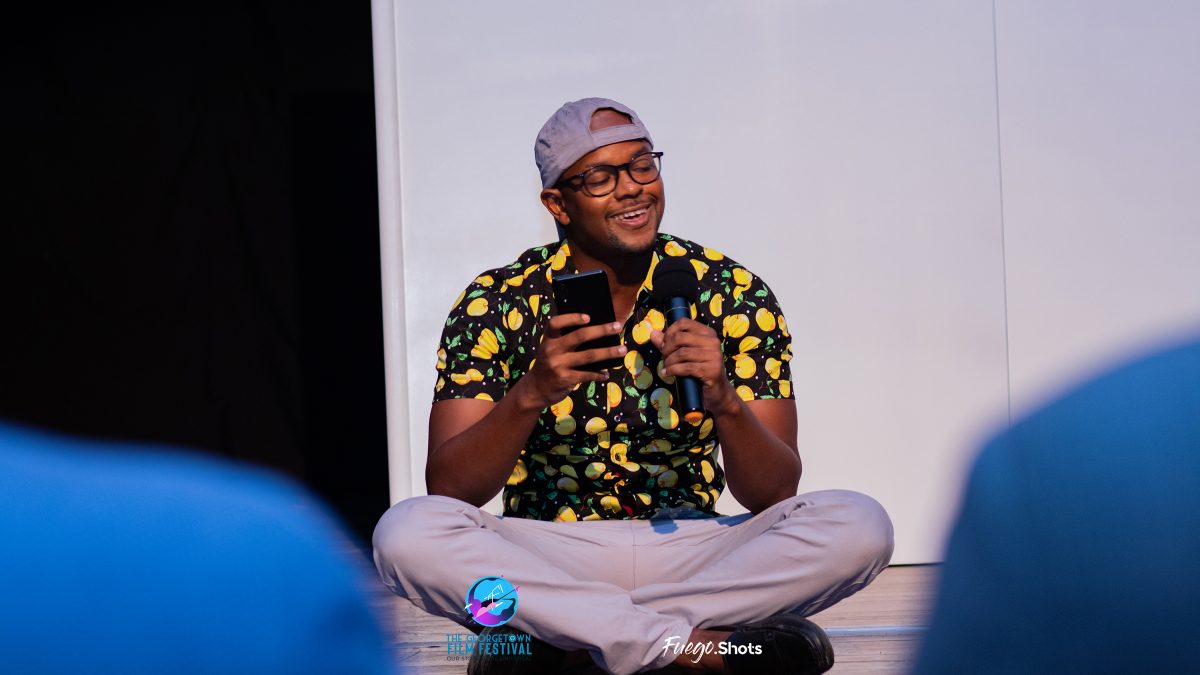Imagination, the ability to envision worlds and scenarios that are whatever we want them to be, is a gift to people. They can be as close to or the furthest possible distance from our present reality as our minds can muster. It can be argued that imagination is the basis for almost all human progress, including the better world we are creating for women, Black people, LGBTQ persons, persons with disabilities and other marginalised groups.
The technological revolution is one area where the greatness of imagination really shines; most of the technology we have today would have gotten you called mad a few decades ago for even saying it were possible but many dared to imagine and here we are. We have access to most of the world’s public information, a high resolution camera, access to most media and the ability to instantly communicate with each other via small devices that easily fit into our pockets. This could not have come to fruition without the support of a realistic foundation. For imagination to be made tangible, it needs bridges between communities, both locally and abroad. It needs to be nourished and enabled by family and friends. It needs to remain positive that it will accomplish its goals despite the challenges that it will inevitably encounter.

On October 8, the Canadian High Commission and the respective embassies of Chile and Argentina helped to build a bridge for artists to connect. They decided to host the New Beginnings Film Festival. The film festival supported LGBT films and saw the launch of my short film, Eating Papaw on the Seashore. I was nervous about how the film would be received. I was hoping that the crowd would connect with and enjoy the film; it did. I was relieved. The event then took on a life of its own after the film’s premiere. There was a reception and I realised how important this film was for the LGBT community, creatives and the missions that organised the festival.
Canadian High Commissioner Mark Berman approached me and said he enjoyed the film and was impressed. He explained that he has a sister in the film industry and would try to connect us for collaboration. I told him that it would be beneficial to bring Canadian filmmakers here to provide training and insight. This pledge of further collaboration and support built a foundation for my imagination. There is an opportunity for cultural exchange and growth of the Guyanese film industry. Artists can develop their skills and benefit from training. Deputy Head of Mission at the Embassy of Argentina Delores Kunst invited those who attended to a viewing of an Argentine LGBT film at the Embassy. It is a space for creatives to meet and discuss art from another culture. It allows us to see new perspectives from the world and develop our minds culturally, intellectually and creatively. This assistance can bring the imagination to life and create a community of creatives. These dialogues are important because they show the commitment to developing the arts; a field that is often neglected in Guyana. They are proving to be one of the foundations for artists to build their imagination. These organisations are not just foundations. They are also creatives.
Caroline Mireault, political consular at the Canadian High Commission, had initially said she wanted to do the film at the High Commissioner’s residence. Subsequently, she told me that there was a change. She wanted to screen the film at the Theatre Guild and invite the other embassies to take part. I agreed immediately and realised it was imaginative thinking. The event would have been made more inclusive and allow creatives to form partnerships with other cultures. The name of the film festival, New Beginnings, was conceived because this festival could be an annual event for marginalised groups in Guyana to express themselves on film and foster conversations about some of their issues. The festival is a new beginning for these groups that will form new perspectives about their lived lives.
The event facilitated artists connecting with each other and forming meaningful conversations. Whenever a group of intellectuals and creatives come together, I always think of the coffee shops in France during the French Revolution. This meeting place generated ideas about enlightenment and democracy. The space was needed to hone ideas and imagine a better reality for the society. I felt that energy at the Theatre Guild. Artists were conversing with each other and exchanging contacts for future collaborations. This was one of the most delightful things to witness. I did not imagine so many connections being formed. It inspired me to continue toiling and connecting artists together. I also inspired many people at the event. My imagination served as a foundational stimulus for theirs and I realise that this is natural when creating content. Art is the transference of creative energy. It is common to feel inspired and creative after consuming art. I have felt the need to get better or do more after watching a film, listening to music or reading literature.
Making this film has created possibilities to imagine a future where Guyanese people can tell stories that are universal while maintaining a type of indigeneity that is specific to their home. We can create film movements in Guyana by experimenting with the craft of filmmaking and telling authentic stories. These stories will be told from our lens and how we experience Guyana as filmmakers. Our stories don’t have to be those of the outsider with their camera looking in. It is often the case when content creators come to Guyana their eyes see it from that perspective and not from the perspective of someone who has lived here and experienced this land. In 2022, we should be capable of crafting our own stories. Our imagination can be boundless; it is just the foundation that is needed to keep our houses up. The technological innovation of the 21st century has built a worldwide educational foundation with bountiful resources. I learned filmmaking from YouTube and books; now my film is premiering in Silicon Valley, California and in Kenya. I had imagined my art crossing borders. It was a dream; now it is reality. My imagination has now extended to creating an annual film festival that attracts multitudes of creatives from Guyana and around the world to celebrate our works. It is necessary for us to embrace creativity and honour the powers of our imagination; too often we are told it is useless.






